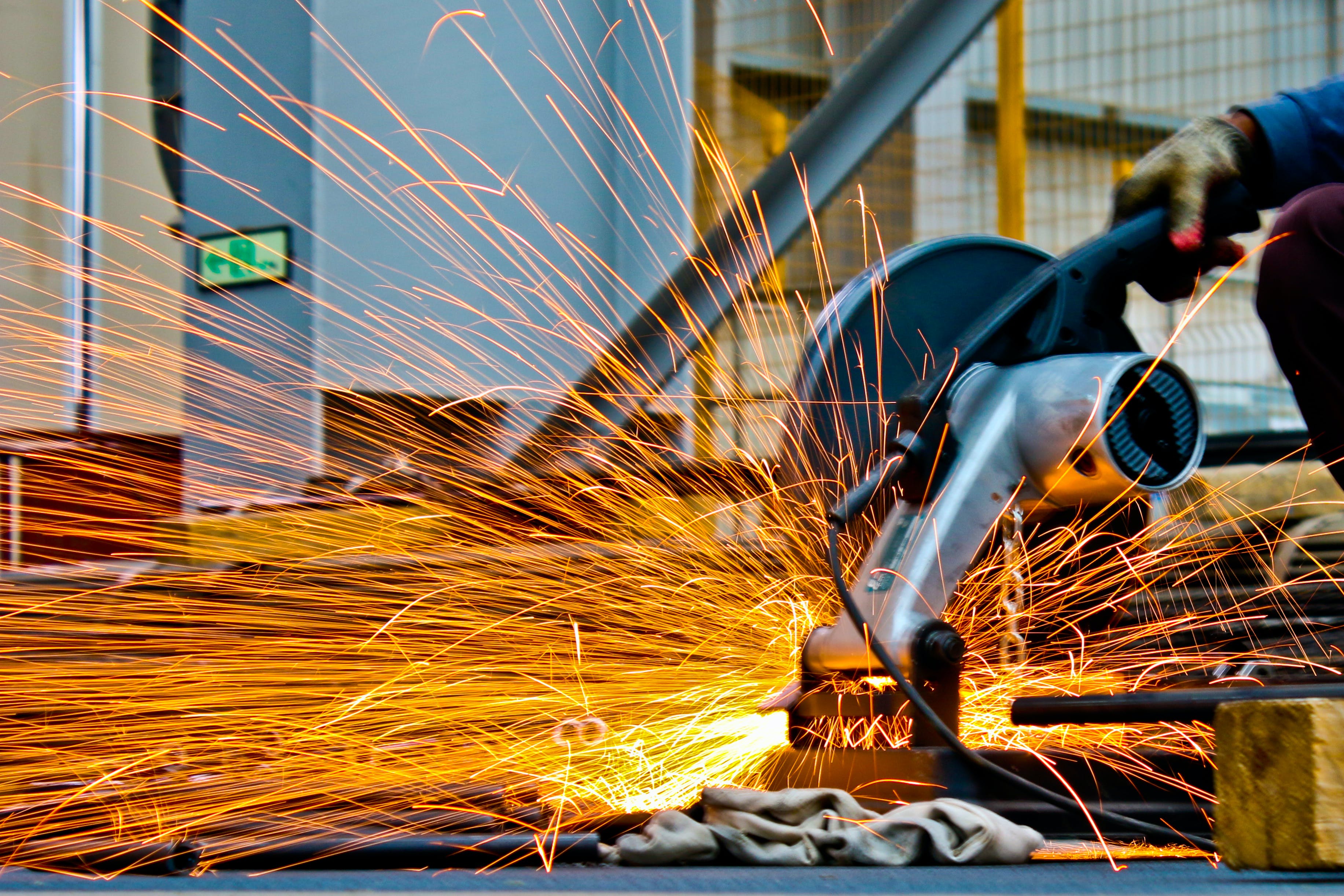In the dynamic landscape of the automotive industry, precision and innovation are paramount. Among the many technological advancements shaping this sector, Computer Numerical Control (CNC) machining stands out as a game-changer, especially when it comes to manufacturing high-quality automotive parts, Not only does it embody the essence of modern manufacturing, but it also underscores the strength and capabilities of factories offering this specialized service. Let's delve into the unique advantages of CNC mechanical parts processing in the realm of automotive components and explore why it's a testament to a factory's prowess.
1.Mold-Free Manufacturing: A Cost-Effective Approach
One of the most appealing aspects of CNC machining for automotive parts is the elimination of mold fees. Traditional manufacturing methods often require expensive molds or dies for mass production, which can significantly increase upfront costs. With CNC machining, however, parts are cut directly from solid blocks of material such as aluminum, steel, or plastics using computer-controlled cutting tools. This means no need for expensive molds, allowing for faster product development cycles and cost savings that can be passed on to customers.
2.Unparalleled Precision and Repeatability
Precision is paramount in the automotive industry, where even the slightest deviation can compromise the safety and performance of vehicles, CNC machines operate with incredible accuracy, ensuring consistent quality and tight tolerances across every part produced. The use of advanced software and sophisticated sensors guarantees that each part is crafted to precise specifications, ensuring repeatability from the first piece to the last. This level of precision is crucial for components like engine blocks, transmission gears, and brake systems where even minor deviations can have severe consequences.
3.Boosted Productivity and Efficiency
In today's fast-paced manufacturing environment, time is money. CNC machines are renowned for their high production rates, allowing factories to churn out automotive parts quickly and efficiently. Automated processes minimize human intervention, reducing the risk of errors and speeding up production cycles. Furthermore, CNC machines can run continuously with minimal downtime, further enhancing overall productivity, This increased efficiency translates into faster time-to-market and the ability to meet the demanding schedules of the automotive industry.
4. Conquering Complexity: Where Other Methods Fail
Automotive design is becoming increasingly sophisticated, with complex geometries and intricate details that challenge traditional manufacturing methods, CNC machining excels in these scenarios, offering the flexibility to create parts with complex shapes and features that would be difficult or impossible to produce using other techniques, From intricate cooling channels within engine blocks to the delicate contours of aerodynamic body panels, CNC machines can precision-cut even the most complex geometries with ease. Moreover, they can access and machine hidden or inaccessible areas, enabling the creation of parts with unparalleled functionality and design freedom.
CNC machining for automotive components represents the pinnacle of modern manufacturing, marrying precision, efficiency, and versatility, By eliminating mold fees, ensuring repeatable high-quality production, boosting productivity, and tacking complex geometries with ease, CNC machining underscores the strength and innovation of factories offering this service. As the automotive industry continues to evolve, the demand for CNC-machined parts will only grow, making it more essential than ever for factories to invest in this technology and the skilled technicians who operate it.


